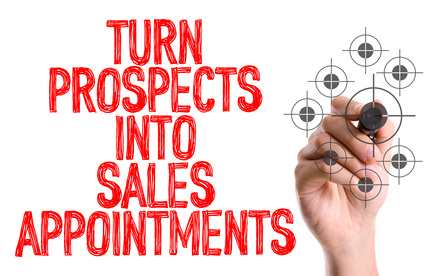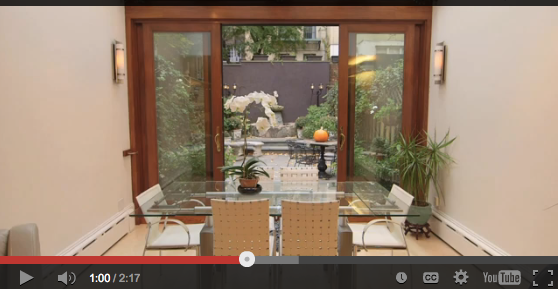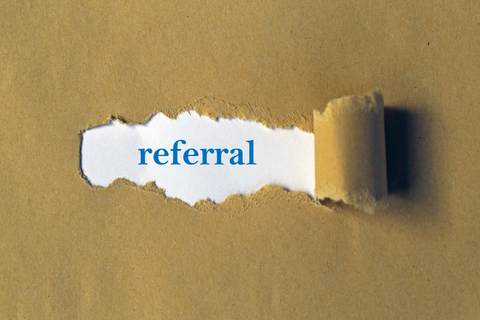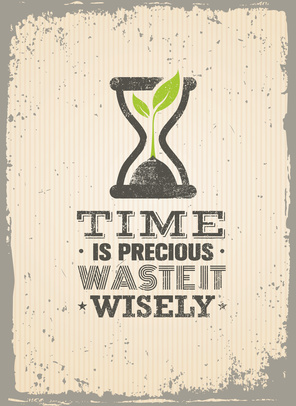Is Your Real Estate Branding Causing You to Lose Money?
 Have you branded your real estate business using your name? Does your branding reference what you do, where you do it, and who you serve? Do you have a brand that is hyperlocal or niched based? If not, you are losing potential customers because you are marketing with an ineffective brand. A great brand immediately calls the product to mind. To illustrate this point, how many of these brands do you recognize? The “UnCola,” the “Ultimate Driving Machine,” and the “Breakfast of Champions” (i.e., Seven-Up, BMW, and Wheaties). My personal choice for best-branded real estate brokerage is “Next Home.” Your name: the least effective way to brand your business when most agents and brokerages launch their businesses, they seldom have any training on what constitutes an effective brand. The result is they usually end up branding with their name. Here’s why branding with your name is a poor idea: Please Note: If you are currently branding with your name and have had success in doing so, do NOT disturb what’s working. Instead use the “niched” branding strategies outlined below as additional sources for generating more leads.
Have you branded your real estate business using your name? Does your branding reference what you do, where you do it, and who you serve? Do you have a brand that is hyperlocal or niched based? If not, you are losing potential customers because you are marketing with an ineffective brand. A great brand immediately calls the product to mind. To illustrate this point, how many of these brands do you recognize? The “UnCola,” the “Ultimate Driving Machine,” and the “Breakfast of Champions” (i.e., Seven-Up, BMW, and Wheaties). My personal choice for best-branded real estate brokerage is “Next Home.” Your name: the least effective way to brand your business when most agents and brokerages launch their businesses, they seldom have any training on what constitutes an effective brand. The result is they usually end up branding with their name. Here’s why branding with your name is a poor idea: Please Note: If you are currently branding with your name and have had success in doing so, do NOT disturb what’s working. Instead use the “niched” branding strategies outlined below as additional sources for generating more leads.
1. Interference – Do you have trouble remembering names? Almost everyone does and for good reason. Each day you are bombarded with thousands of names of people, places, products, and companies. All this incoming data results in what psychologists call “interference.” To illustrate how interference works, what did you have for dinner lunch yesterday? If you were able to answer the question, the information is stored in your long-term memory. On the other hand, can you describe what you had for dinner 365 days ago? Chances are you can’t. The reason is you have had 364 other dinners since then.
2. The Ebbinghaus Curve of Forgetting. – Ebbinghaus’s research shows that we lose half of what we learned within the first hour after learning it. Within two days, that number climbs to almost 75 percent. In other words, even if the potential client remembers your name, 48 hours from now there’s only a 25 percent chance they will be able to recall it.
3. Your broker’s brand is usually better known. – Broker brand alongside your brand. My home was heavily prospected by agents sending out monthly postcards. I don’t remember any of the agents’ names, but I do remember who they worked for: Royal Lepage, Coldwell Banker, Keller Williams, and RE/MAX. Brokerage names are usually more visible due to multiple yard signs, their print and digital advertising, plus all the marketing pieces their agents send out that are branded with the brokerage name. If your brokerage also brands with a name (i.e., Berkshire Hathaway, Coldwell Banker, Keller Williams, Sotheby’s etc.) it’s even harder for potential clients to remember your name. They’re more likely to remember your broker’s big For Sale Sign as opposed to your name rider.
4. Name branding usually makes a business more difficult to sell. – Branding your business with your name also makes it more difficult to sell. “Wade Webb Realty” doesn’t work as a brokerage name for someone named Tom Smith.
5. No reference to the real estate industry. A strong brand references “real estate” or “properties,” yet many of the major brands have confusing name brands as well. For example, is “Coldwell Banker” a bank? Before Prudential was acquired by Berkshire Hathaway, I had a number of clients who commented, “I thought Prudential sold insurance, not real estate.”
6. No reference to your city, state, province, postal or zip code. – One of the biggest mistakes agents make, especially on their websites, is failure to include the state and zip or postal code where they specialize. To illustrate why this matters, did you know that there are 22 places in the U.S. named “Paris”? Consumers typically search by street name, city, and zip code. Always include these on your website, social media sites, plus any digital or print marketing you do. People don’t remember names, but they do remember features and functions. To illustrate how this works, assume my niche is selling probate properties. If I were to meet you at an open house, you would probably remember me as the blond lady who specializes in probate sales as opposed to remembering my name. When you need me to help sell a probate property eight months later, you will probably remember you met a blond lady who specialized in selling probate properties in Austin. To find me, you would probably enter “Austin,” “probate,” “real estate,” or “properties.” If several agents are serving this niche, you could easily see my profile and identify that I was the agent you met at that open house. Use these steps to expand your branding. Here are the steps to take to make sure leads who don’t remember your name can still find you: Use words or phrases that show you are in the real estate business: “real estate,” “homes,” “properties,” etc.
Reference the geographical location and/or the market segments that you serve. For example, do you have a geographical farm or specific subdivision where you specialize? Do you specialize in specific types of properties such as luxury estates, new construction, relocation, resort properties, second homes, 55+ communities, etc.? Do you serve a specific profession or type of customer? Examples include home-based businesses, seniors, couples in transitions, distressed properties, people who share your religion or politics, charities, clients born outside the U.S., investors, green or environmentally friendly, military, loft living, Mommy Market, golf properties, etc.
7. Putting your new brand to work. – We’re still at a point in time where you can build a strong digital real estate presence at virtually no cost. For example, you can set up a Facebook or Instagram business page for each niche or specialty market you serve. Add as much data as possible to that page and post regular updates. It’s also smart to create a Facebook and Instagram business page for each listing you take. Be sure to include the street address, city, state, and zip code as part of the name. Your clients will share these sites with their friends and followers, giving you free exposure to their contacts. These are also a tremendous conversion tool on listing appointments. In terms of your website, you can set up a separate subdomain that redirects back to your main site, although you can set these pages up to look as if they are your home page. Alternatively, you can also set them up as landing pages. The secret in getting conversions is to provide property reports and other data that would motivate web visitors to give you their contact information.
The bottom line is while it may be tempting to keep using your existing brand, going hyperlocal and having the highly niched branding strategies discussed here will give you a huge advantage when it comes to potential customers finding you, no matter where you meet them.
Strength and courage,
Wade


















